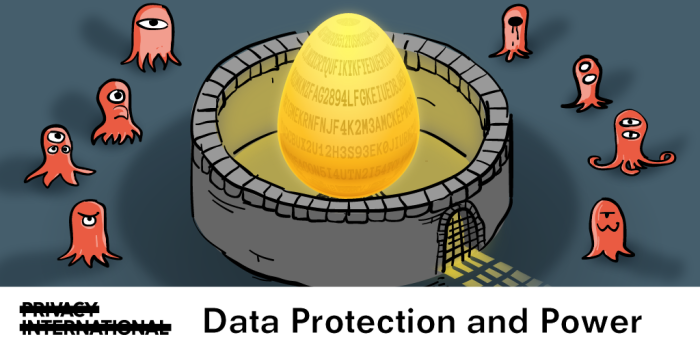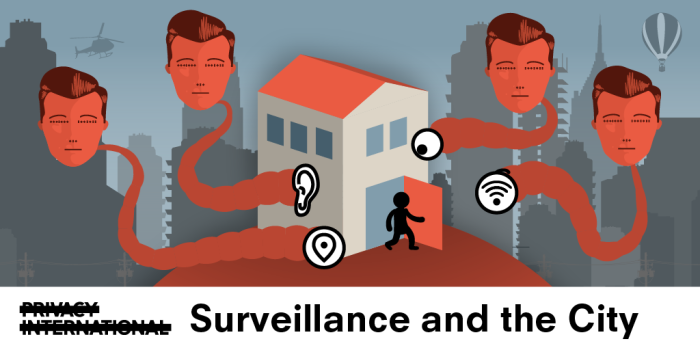Wrapping Up Data Privacy Week

To celebrate International Data Privacy Day (28 January), PI and its International Network have shared a full week of stories and research, exploring how countries are addressing data governance in light of innovations in technology and policy, and implications for the security and privacy of individuals.
Monday: Watching the watchers: Accessing and challenging control over our data
Exercising our right to privacy extends to our ability to access and control our data and information, the way it is being handled, by whom, and for what purpose. Research conducted by our partners the Asociación por los Derechos Civiles in Argentina, R3D: Red en Defensa de los Derechos Digitales in Mexico, Dejusticia in Colombia, and Right2Know Campaign in South Africa, illustrate the lack of transparency and accountability of state surveillance apparatus.
Tuesday: Data and control: Protecting rights, protecting people
Data protection can empower citizens, but if weak and ineffective, it can turn into a tool of control. Research conducted by our partners the Centre for Internet and Society in India, Derechos Digitales in Chile, SMEX in Lebanon, TEDIC in Paraguay, Bytes for All in Pakistan and the Asociación por los Derechos Civiles in Argentina promote the necessity, relevance, and importance of data protection safeguards.
Wednesday: Identity Policies: The clash between democracy and biometrics
Whilst identity should empower individuals, both state and private actors are imposing an inflexible identity, which is then used in decision-making processes. Work by PI and our partners the Asociación por los Derechos Civiles in Argentina, Bytes for All in Pakistan, the Centre for Internet and Society in India, R3D: Red en Defensa de los Derechos Digitales in Mexico, and the Kenya Legal & Ethical Issues Network on HIV and AIDS, examine the implementation and complexity of modern identity schemes.
Thursday: Surveillance and the city: turning urban centres into a panopticon
The right to privacy is entirely redefined in smart cities, as they create an environment where people are not able to consent to the generation and collection of their data, but instead, are exposed to both government and corporate surveillance from the moment they leave their homes, and sometimes even within them. Research by PI and our partners the Right2Know Campaign in in South Africa, Coding Rights in Brazil, Datos Protegidos in Chile and the Asociación por los Derechos Civiles in Argentina highlight how these initiatives are increasingly encroaching on the right to privacy.
Finally, we concluded on Friday and Saturday on a positive note, with our round-up of 17 #PrivacyWins from 2017!, and a short video about our International Network!







